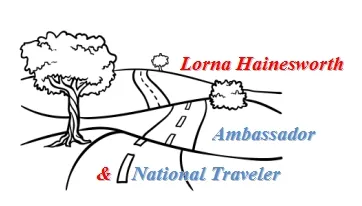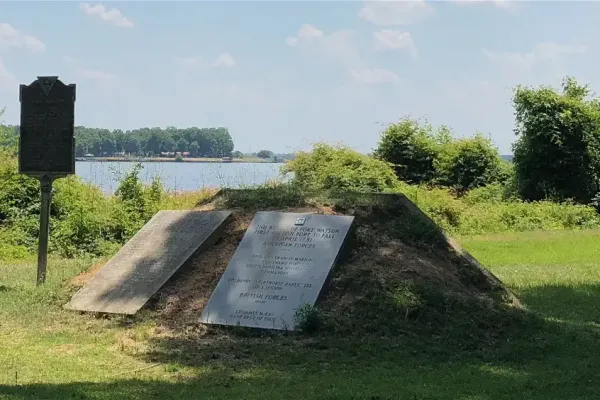
Maham Tower at Fort Watson
Reposted from battlefields.org
Maham Tower at Fort Watson
The Siege of Fort Watson, April 15–23, 1781
At a low point in the siege of Fort Watson Major Hezekiah Maham, who served under Francis Marion’s command, presented an innovative idea to help force the surrender of Fort Watson without an assault on the works. He proposed the construction of a wooden siege tower, like ones employed in Roman warfare, which would rise higher than the British stockade — some 30 to 40 feet — and allow riflemen positioned on top to fire down into the fort’s exposed defenders. The tower would be a log crib, made of pine timbers collected from the nearby woods. It would be rectangular in shape and mounted with a protective firing platform from which sharpshooters could direct their fire. Marion quickly approved this strategy and dispatched foraging parties to nearby plantations to appropriate the necessary tools to build the structure.
By dawn on April 23, the tower was ready. It may have been kept in the surrounding pine forest until it was finished and then rolled on logs toward the fort. Inside the fort, the besieged could do nothing to impede the Patriot plan. Lee later wrote: “A party of riflemen, being ready, took post in the Maham tower the moment it was completed; and a detachment of musketry, under cover of the riflemen, moved to make a lodgment in the enemy’s ditch, supported by the Legion infantry with fixed bayonets.
Patriot riflemen kept the British pinned down from above as other Patriots started dismantling the abatis protecting the British defenses. McKay and others were wounded, and the garrison was trapped. With all hope gone, McKay’s men refused to continue the fight. Though not a new concept in siege warfare, the Maham Tower, as it came to be known, was a stroke of brilliance. It saved the day for the Patriots at Fort Watson and would be employed again at the sieges of Augusta and Ninety Six later in the year.
Lead Sponsor
The Fort Watson Augmented Reality Experience is made possible thanks to the generosity of Lorna Hainesworth, Ambassador and National Traveler.



